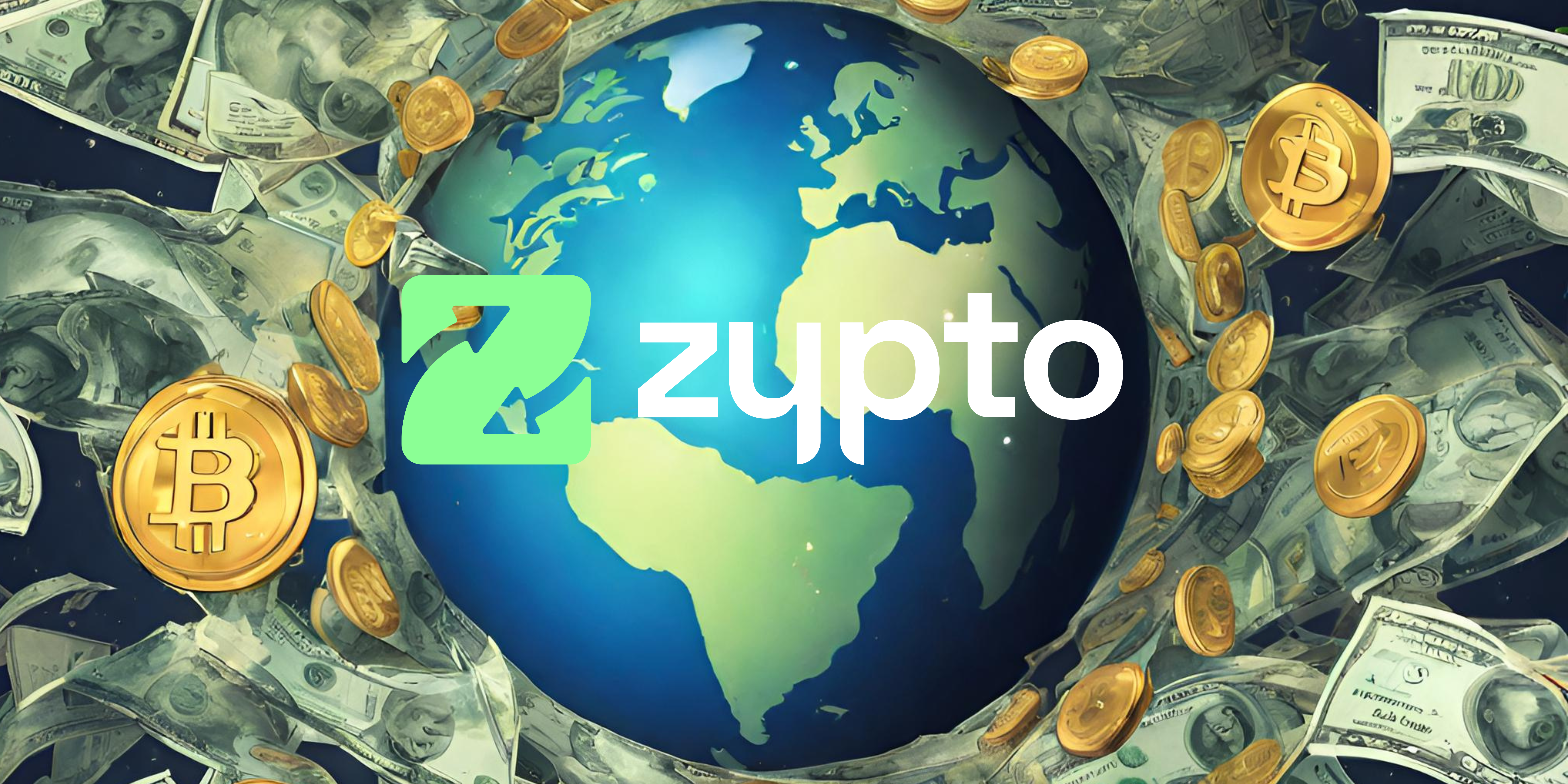Payments; a Surprisingly Flexible Industry
Is it really possible to become the leading payments company in the blockchain-based payments industry?
Is it even possible for crypto payments to take on the traditional fiat-based payment gateways?
Here’s some food for thought:
It is probable that anyone reading this post has used Visa, MasterCard, American Express, PayPal or Stripe in the last 24 hours. How about Swift, SEPA or ACH for bank transfers?
What about alternative payment or international remittance companies such as Remitly, Revolut, MoneyGram or Wise that we see so frequently advertised online?
Few sectors have companies and protocols that become as ubiquitous as in the payments industry. Interestingly, though, the companies mentioned above each opened space for themselves despite it being seemingly impossible to do so at the time.
PayPal is a prime example. It seemed to come from nowhere and received a very lukewarm response from the established industry at its inception. The attitude seemed to be that it was unnecessary; “just because the payments are online doesn’t mean we need another company or payment method for it”, the industry elites seemed to agree.
However, they underestimated the need for specific tools for the internet, leaving the doors wide open for new competition to arise.
A new chapter in payments, and money in general.
We believe we are at the dawn of the next revolution in the payments industry, one that will have deep and global consequences. This time, though, there is more at stake. This time, there is a challenge to the very concept of what money is, of who should have control over it and how it fits into a truly global economy.
Unrest amongst the general population is growing regarding a variety of issues such as inflation, interest rates, individual privacy and financial security from the boom and bust economy.
Blockchain technology provides an exciting window of opportunity to address many of the issues the current system has, and Zypto is at the forefront of the movement, providing tools that bridge the gap between the traditional fiat-based system and the blockchain economy.
Blockchain makes middlemen largely unnecessary. The transition towards this goal of decentralisation will at the very least ensure that middlemen must add value to the transaction in order to survive and flourish. For example, a merchant using Zypto Pay is able to associate order numbers and other details with incoming crypto transactions, which is not possible with a simple wallet-to-wallet transfer. Yes, it is possible to simply ask a client to send you crypto directly to your DeFi wallet, yet we make it more convenient and simple.
Few people realise that, if the crypto economy were a country, it would already be amongst the top 10 global economies. While headlines all too often focus on the fiat value of crypto assets and their volatility as compared to local fiat currencies, little or no attention has been given to the fact that USDT – the biggest stablecoin – saw volumes in 2022 that outstripped Visa and Mastercard and that trend has only continued to grow since then.
The Role of Zypto
Zypto is not just a crypto company, nor a traditional payments company. We are something in-between.
We don’t just operate our systems under our own name, we white label them and offer them at reasonable prices, with super fast Time to Market. As we do so, we are able to grow a network of interoperable systems and influential colleagues in the payments industry, allowing us to provide even more value to both merchants and individual users in the future.
Our systems are not 100% centralised nor decentralised. We engage enthusiastically with memecoin communities and multinational financial institutions alike, building bridges both technologically and culturally.
Our primary focus is on returning the currency to cryptocurrency; facilitating the direct exchange of goods and services for blockchain-based virtual assets. However, this also requires us to make it easy for funds to flow seamlessly between the blockchain and the incumbent fiat-based system.
Our payment gateway (or blockchain payment system, as it does more than just act as a gateway) was the first step, our integration with prepaid cards and on and off-ramps was the next… and 2024 will see the launch of our consumer facing blockchain payments app, which will revolutionise the way the general public view and use cryptocurrencies.
It has already been an incredible journey to this point, but the real fun is yet to come.
